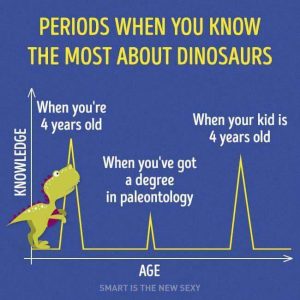What do Trains, Dinosaurs and Christmas all have in common?

Photo from: imgur.com
Trains, Dinosaurs and Christmas are all examples of obsessions or restricted interests of children we have worked with. Having restricted, repetitive patterns of behaviour, interests, or activities is part of the DSM-V diagnosis of Autism Spectrum Disorder.
Parents often ask us “What do we do about our children’s obsession? Do we encourage them to pursue it or do we ban them from talking about it?” “What if their interest is something that no one else is interested in such as microwaves?!”
Here are some ideas about what to do when your child develops a special interest:
1. Give your child time to research, learn and play with their new interest. You can use it as an opportunity to learn a new skill or behaviour e.g. If your child is interested in dinosaurs, you can teach them about body parts- teeth, eyes, hands, legs. If your child is interested in microwaves, you can teach them how to prepare simple meals.
2. Limit the time they are able to talk about or play with the object. “You can hold the dinosaur until we get into school then it has to stay in your bag” or You can cook 1 thing in the microwave today
3. You can use the Premack principle (relativity theory of reinforcement) of “First this, then that” to help your child perform less desirable activities such as brushing their teeth.
Remember that special interests are a great way to teach new skills and develop social interactions with peers who share the same interest.
References:
http://www.med.monash.edu.au/assets/docs/scs/psychiatry/autism-special-interests.pdf
https://study.com/academy/lesson/premack-principle-definition-example.html
Autism Parenting Magazine: Top Advice about how to deal with your child’s obsessive behaviours by Christina Herzog.
